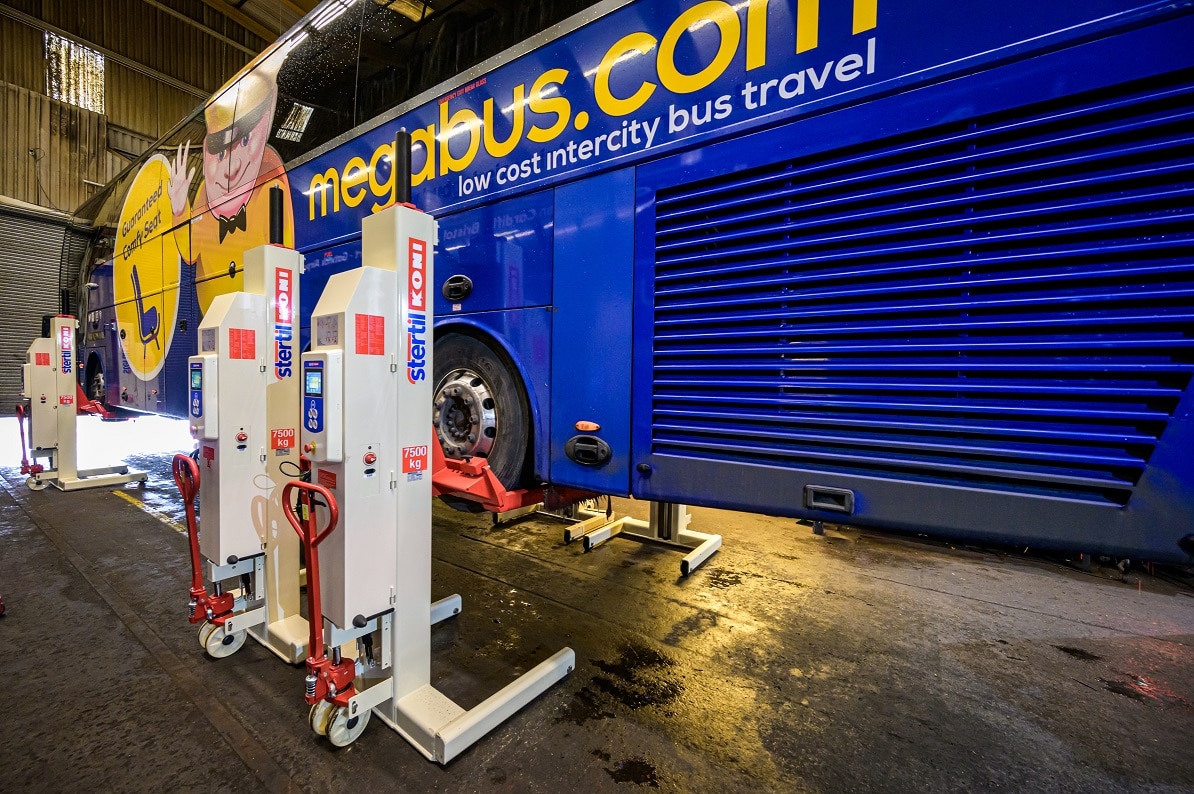There is one major flaw in the UK's Traffic Commissioner system. It's time for them to be properly independent
When I was much younger, Traffic Commissioners (TCs) seemed very old. Indeed they were invariably retired, wise old men, some with senior military backgrounds.
They were respected, and revered, and a thunderous lecture from the late Brigadier Michael Turner or John Mervyn Pugh always left you in no doubt where you were. (In the wrong, mainly.)
Things of course must modernise, and today’s TCs come from a younger generation, with successful careers to date and maybe another in the future. But while the new (and much more accessible) TCs have been going about their business, their independence has been progressively eroded.
Not independent
They are in the administrative care of the DVSA, which provides their offices, staff and processing. The CEO is their Accounting Officer, so signs off their expenses.
If called to Public Inquiry the whole secretarial part of this, including the Court Clerk, is provided by the DVSA.
Yet if you are before the TC for alleged breaches or offences – perhaps for drivers' hours, or poor maintenance – over there as prosecutor is… the DVSA.
Yes, you are now being tried in the court of the prosecution – a straightforward breach of your human right to be “tried by your peers” and well short of the independent tribunal you might have expected to enjoy.
Bureaucracy won't do
But this independence is not just being eroded in the courtroom. The central DVSA bunker is processing all your applications and registrations, granting licences and deciding on referrals.
A new internal ‘efficiency’ review suggests that this should go further, and the role of the TCs further marginalised.
I think if I judge the industry correctly, it is very much in favour of an independent Traffic Commissioner, who keeps the industry clean, deals sensitively with those who drift towards darkness, and firmly with those who flagrantly break the rules.
Judging the calibre of an operator, acting proportionately, and deciding between advice, warnings and disqualification is the job of an experienced TC who knows his/her territory well.
This is one area where a bureaucratic scoring and points system run by remote administrators just will not do.
Industry call
It feels to me the Department for Transport has struggled for a long time as to what to do with the TCs.
Previous opportunities have been missed. A bigger role to represent the passenger came and went; they would be the ideal body to deal with taxi and private hire appeals, currently not well done by the Magistrates’ Court. There are others.
The industry should be calling for a TC regime where they are properly and independently supported. All their costs are already inside the O-Licensing fee, and while we welcome a continuing efficiency drive, these are a very small proportion of our costs.
We want adequate enforcement, proper monitoring, and clear separation of that work from the activities of the TC, who must not be reduced to the level of a minor tribunal buried in a bureaucracy, and totally ineffective.

























